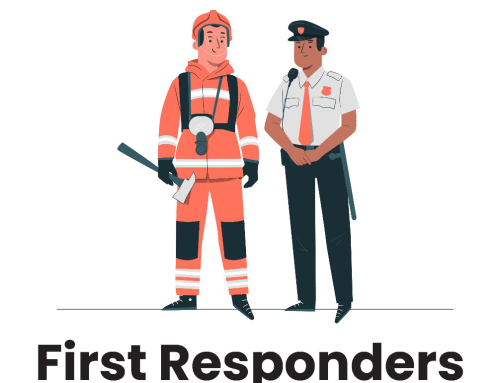Every year, strokes affect around 50,000 people in Canada. It’s one of the leading causes of death and disability in adults. A stroke occurs when the blood flow to the brain is impaired due to blood clots, leading to brain cell death.
Although strokes are more common among older individuals, smokers, people with obesity, and people with high blood pressure, their occurrence among young people is on the rise. However, learning to identify the initial warning signs and administering first aid as soon as they occur reduces the likelihood of permanent disability after the stroke.
Remember to act F.A.S.T.
F.A.S.T. is an acronym for the warning signs of the stroke checklist: Face, Arms, Speech, and Time.
Face
Look closely at the face — is one side of it drooping? Ask the affected person to smile. Is the smile lopsided? Is their face numb?
Arms
Can the person lift their arms up, or does one arm flop down or remain low? Are the arms numb?
Speech
Speak a sentence, and ask the affected person to repeat it back to you. Are they able to? Is their speech affected? Are the words slurred?
Time
Did you know that the human brain can remain alive for up to six minutes after the heart stops? Learning CPR and basic first aid could save a life until the ambulance arrives.
While dealing with a stroke, every minute counts. If you identify the signs, call 911 immediately. Remember to make a note of the time that has passed until the ambulance arrives. Check to see whether the patient is breathing — if they aren’t, perform CPR.
Other symptoms
Not all symptoms are encompassed neatly by F.A.S.T. The symptoms exhibited by the patient greatly depend on the part of the brain affected by the stroke. These could include sudden dizziness, a loss of balance, severe headache, loss of vision, or numbness — especially if it occurs only on one side of the body. If you see someone exhibiting these symptoms, call 911 immediately.
At Metro Safety, we believe that it is prudent to always be prepared in case of medical emergencies. As one of British Columbia’s leading first aid schools, we have an array of first aid courses at different levels, tailored to suit your needs, including Red Cross CPR/AED courses.
To learn more about our courses, you can contact us through our website, or call us at 604-521-4227.






